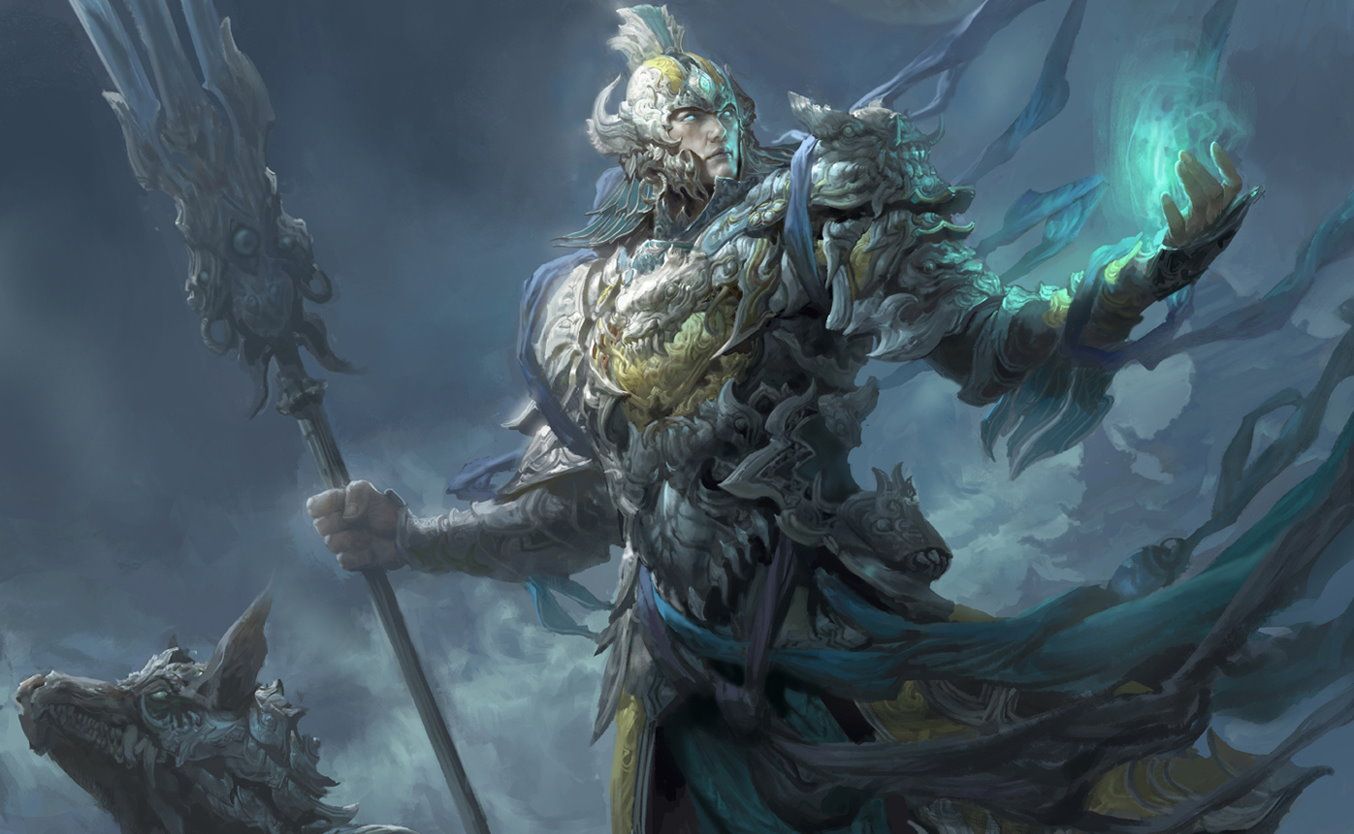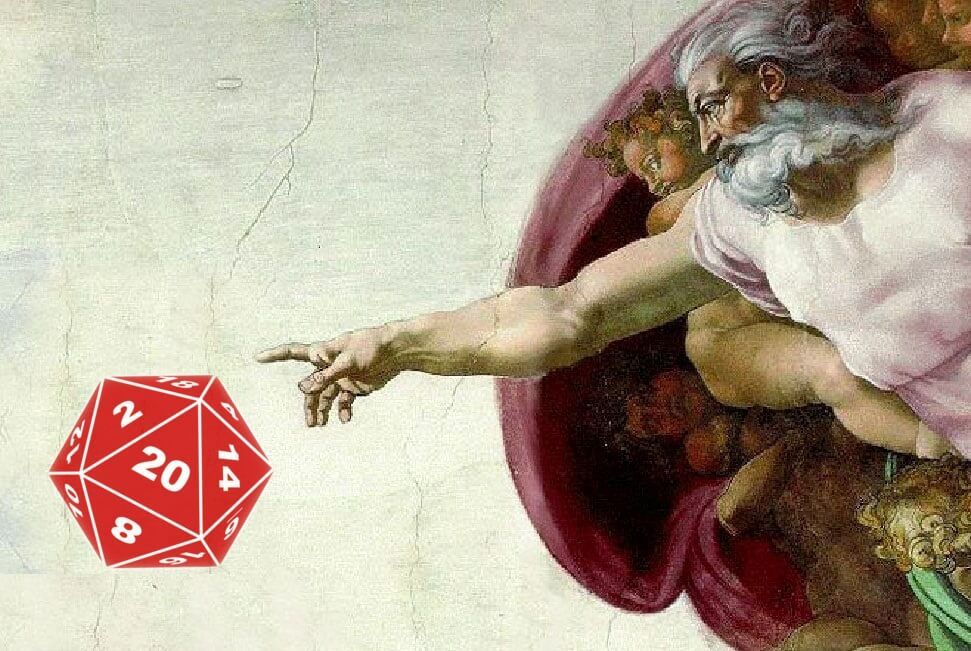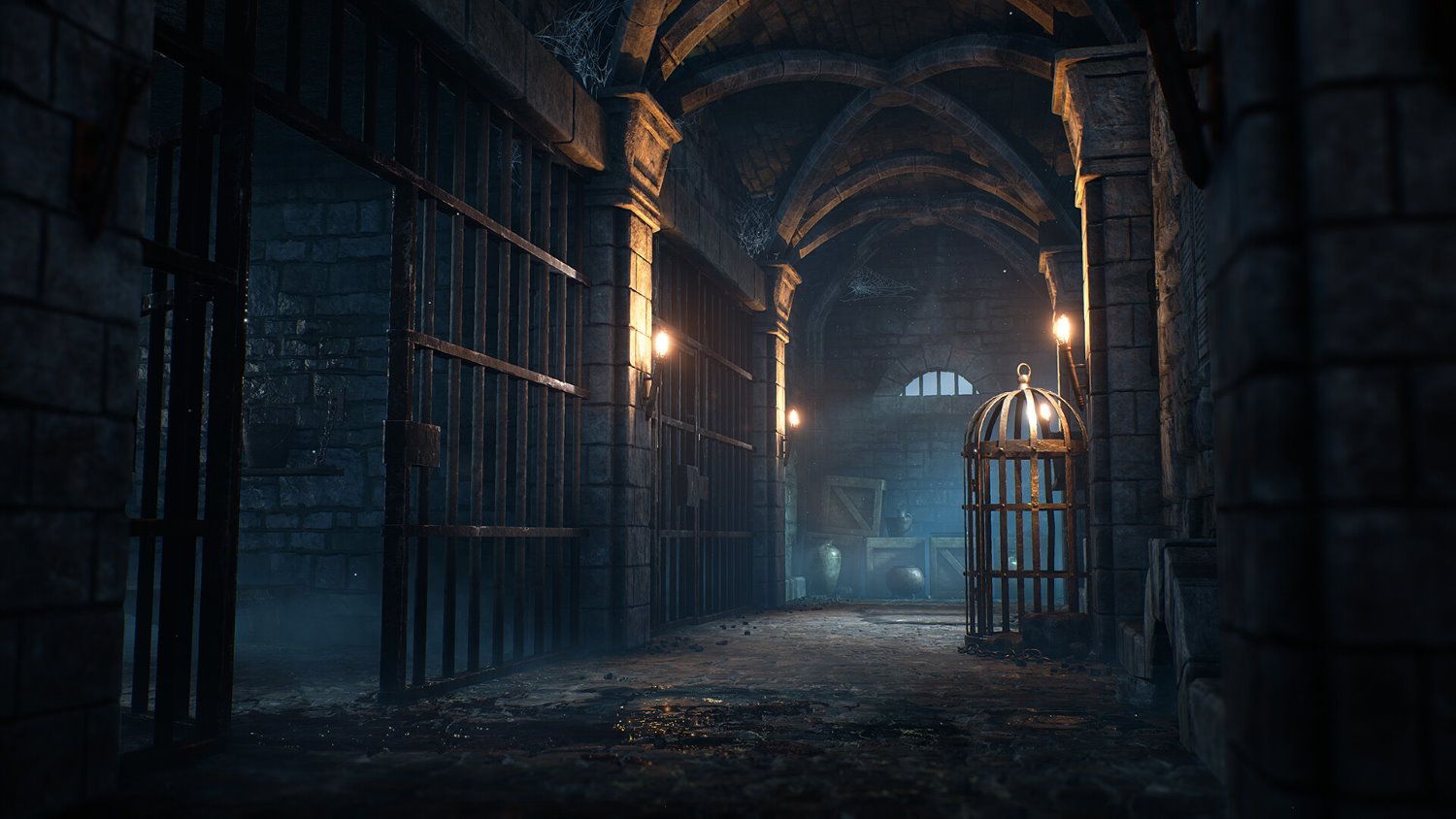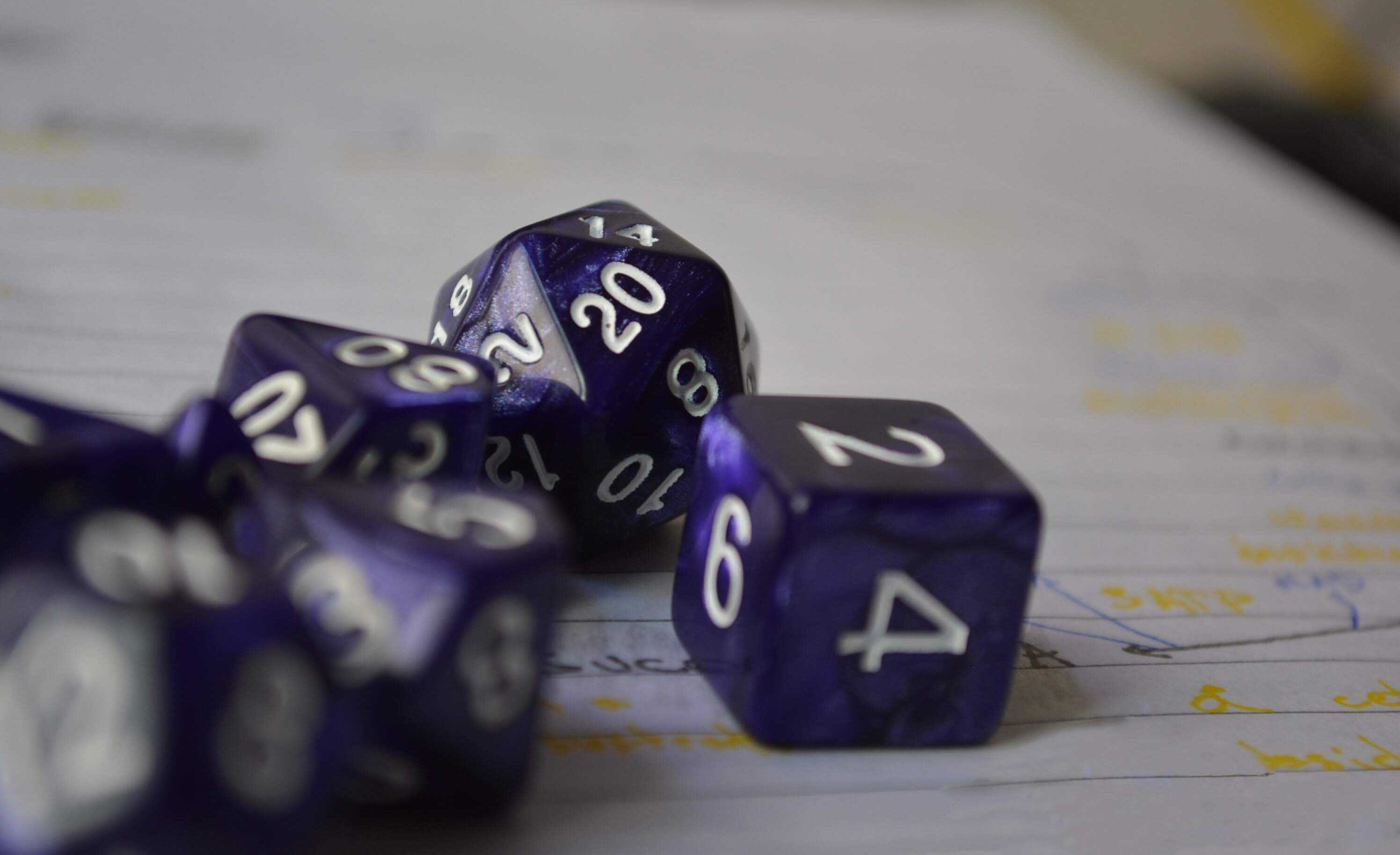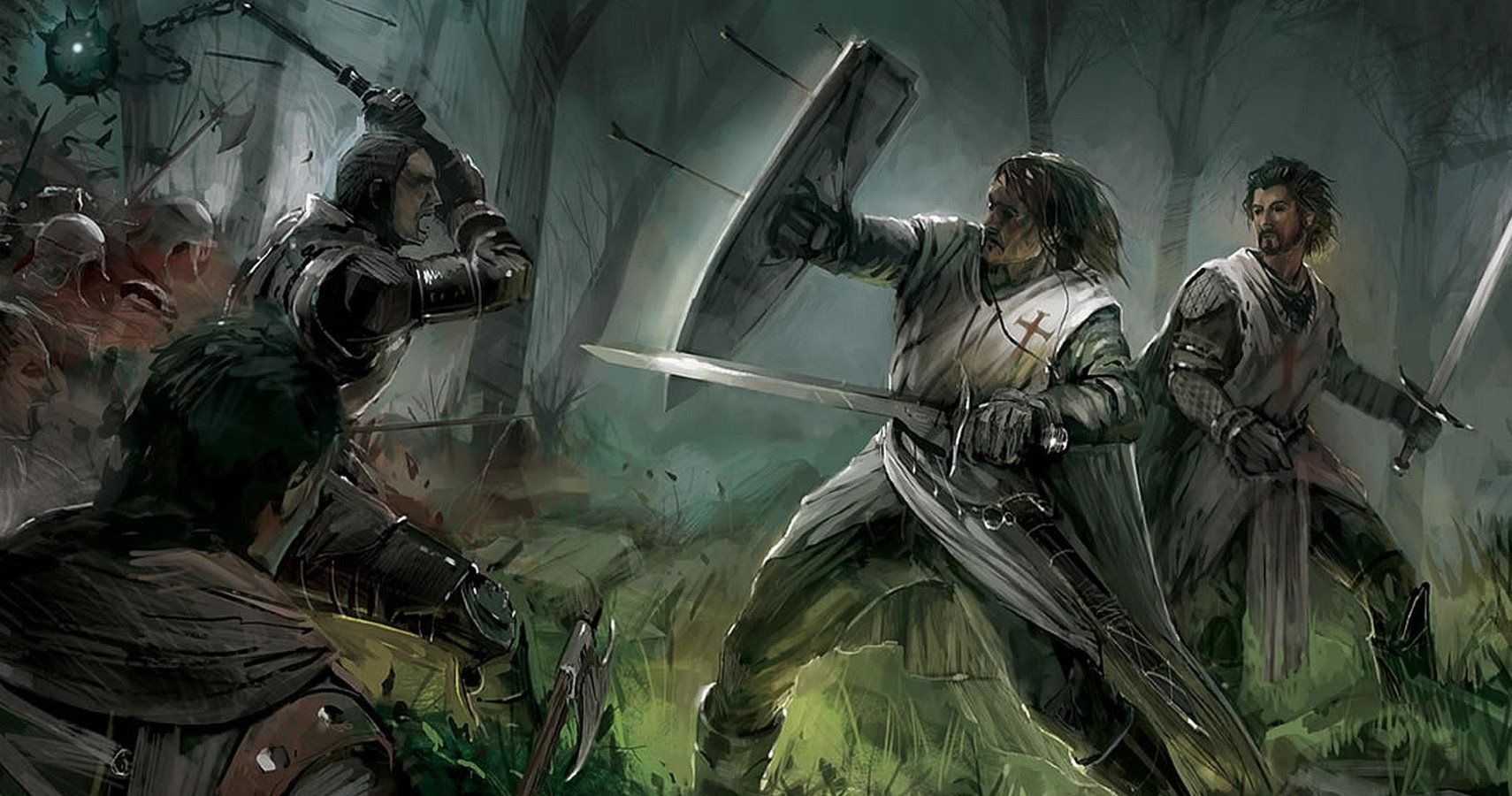So your party did something stupid and are about to get themselves all killed. Here’s how you can save them, and also, why you might want to consider letting them die.
Let’s first preface this by saying that the DM’s job is NOT to try and kill the players. The DM is there to facilitate gameplay, tell an interesting story, and provide a challenge that the players must overcome. Only the absolute worst DMs consider D&D with a “Me vs. Them” mentality, and they likely don’t stay DMs for very long (since their players all leave in disgust after the third party wipe in a row).
That said, sometimes DMs make mistakes, or the challenging encounter that looked fine on paper turns into life or death for the party after a few bad dice rolls. Or maybe the party did something so unbelievably stupid that it became a cooperative game of suicide. Either way, here’s how you can save that party from a TPK (total party kill) situation.
Give Advice
The first thing the DM can do is give the players advice, either before setting off on a dangerous quest or during the deadly encounter. DMs aren’t normally supposed to hand out free information to player characters, but you can always insert some helpful tidbits and make it seem like it was the player’s actions all along.
Before setting out on a quest, maybe suggest that a player roll a History or Religion check to see if they know something about the fabled grove the party will be heading to. If they succeed, give the players information that will help them prepare for a tough fight. Or, if you’re about to start the encounter, make someone roll a Perception check to help discover the secret switch that will drop a chandelier on the Black Knight’s head.
This gets a little more difficult if the players are already knee-deep in blood and inches away from breathing their last, but it’s not impossible. Maybe tell a player they see a means of escape out of the corner of their eye after their last desperate attack, or suggest that healing spell that your cleric inconveniently forgets about literally all the time.
Deus Ex Machina
For those that haven't taken up Shakespeare or ancient Greek poetry and only know the words from the video game series, Deus Ex Machina is a literary term that means "god from the machine." It comes from ancient Greek theater where gods would be brought on stage via a machine.
In practice, Deus Ex Machina means that a completely unknown and unheard-of thing steps in at the last second and saves the party. Maybe it's a super-powerful wizard that teleports in and teleports the party to safety. Maybe it's an unknown magical artifact that suddenly comes to life and does something similar, or accidentally vaporized the big bad or something.
Whatever you choose, this path of saving the party can be challenging for players to stomach. Smart ones will recognize this as the DM running out of options and deliberately stepping in to save the party. The DM will also need to think fast in order to come up with a plausible story for who or what suddenly appeared and saved the players' collective bacon.
Captured Instead Of Killed
So the big villain is about to slay their cursed foes, which is a problem since those foes are the players. Rather than killing them, maybe the big bad pulls a James Bond and just captures them instead. Then they can escape from prison/dungeon/extraplanar dimension/whatever to have a second go at defeating the villain.
Again, you gotta be careful with this one. If the villain is a well-known murderer and has expressed interest in murdering the players on multiple occasions, leaving them alive might be too much of a narrative stretch. Also, some players might have already died, which would make it weird for that player to be alive and in prison later on.
But when done correctly, it can give the campaign a story arc that follows many of the most famous action films of all time.
Fudge The Dice Rolls
A good DM will never reveal their dice rolls to the player. This way, they can just basically say whatever numbers they want in order to keep the campaign going where they want it.
Is this cheating? Sort of, and a lot of DMs will swear they don't fudge their dice rolls, but this is the easiest way for the DM to help the players without the players knowing.
Keep in mind this ONLY works for the DM's rolls and not for the players. This means the DM can going on a losing streak when it comes to hitting player characters, but players can't suddenly crit when they roll a 1.
Fudging the numbers can only give the players a bit of help. If they remain imperiled, you'll have to resort to stronger methods discussed above.
Why It's Sometimes Better To Let The Players Die
While it's normally a huge tragedy if the party wipes, consider the positive aspects of a total party kill.
First, it makes for smarter players. Players only learn when they make mistakes, and if they made a mistake that cost them their lives, they'll definitely remember to not make the same mistake next time. Also, dead characters can make for some memorable death scenes that will add impact and gravitas to the campaign.
Also, dead characters are a way for players to play new ones. Sure, some players might be very attached to their character never want them to die, but other players might be getting bored and want to play something new. Death is the door to a new life, at least in the world of D&D.
Next time your party is in trouble, just consider letting them all die. Maybe it’s for the best.


